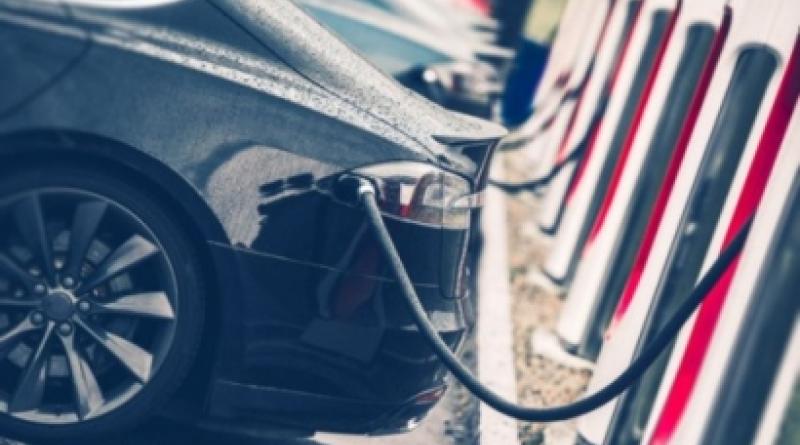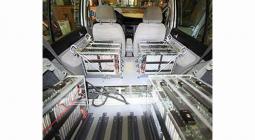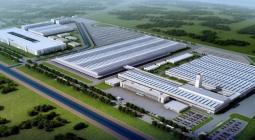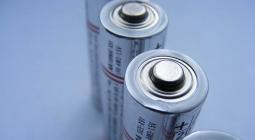Next Generation Battery Materials Project Exceeding Expectations.

Nexeon – the UK company developing silicon materials for next generation Li-ion batteries – has reached the halfway stage in its £10million SUNRISE project, and has already produced silicon
battery materials that have performed better than expected. Samples are now with potential customers for evaluation, and initial feedback has been very positive.
SUNRISE is on target to develop significantly better materials for Li-ion batteries, work that is an essential step to achieving electric vehicles (EVs) with greater range. Silicon enhanced batteries with longer life and higher energy density will also be of benefit in consumer electronics products and static energy storage applications.
In a further development, a prototype reactor has been built and is operational, and progress has been made to ramp up production capability.
The work is supported by £7million in Innovate UK funding, and the other partners in the project are polymer company Synthomer and UCL.
“The excellent progress we have been making in this project has enabled us to accelerate scale-up ahead of our original plan”, said Dr. Scott Brown, CEO of Nexeon. “We are very pleased with the support we have received from Innovate UK, as well as from UK and global OEMs, and we are eagerly awaiting additional feedback from the evaluation of materials produced.”
The project, named SUNRISE after ‘Synthomer, UCL & Nexeon’s Rapid Improvement in the Storage of Energy’, began in 2018, and is developing better battery materials based on silicon as a replacement for carbon in the cell anode, and optimizing cell designs for specific applications.
6 January 2020
RENEWABLE ENERGY MAGAZINE




